cryptococcal meningitis is highly communicable among humans.
 Cryptococcal Meningitis Diagnostics and Screening in the Era of Point-of-Care Laboratory Testing | Journal of Clinical Microbiology
Cryptococcal Meningitis Diagnostics and Screening in the Era of Point-of-Care Laboratory Testing | Journal of Clinical MicrobiologyCryptococcal Meningitis What is cryptococcal meningitis? is an infection and inflammation of the meninges, which are the membranes that cover the brain and spinal cord. Meningitis can be caused by different germs, including . Two types of fungi can cause cryptococcal meningitis (CM). They are called Cryptococcus neoformans (C. neoformans) and Cryptococcus gattii (C. gattii). This disease is rare in healthy people. CM is more common in people who have compromised immune systems, such as people who have. The symptoms of CM usually come slowly. Within a few days a few weeks of contact, an infected person may develop the following symptoms: In some cases, the infected person may experience a stiff neck and fever. If not treated, the CM can lead to more severe symptoms, such as:Without treatment, the CM is fatal, especially in people with HIV or AIDS. According to the British Medical Bulletin, people with HIV-related CM die from the disease. A fungus called C. neoformans causes most cases of CM. This fungus is on the ground all over the world. It is usually found on soil containing drops of birds. C. gattii also causes CM. It is not found in the descents of birds. It is associated with trees, more commonly eucalyptus. It grows in debris around the base of the eucalyptus tree. The CM usually occurs in people who have a committed immune system. C. gattii is more likely to infect someone with a healthy immune system than neoforms C... But the conditional rarely occurs in someone who has a normal immune system. Your doctor will also perform a physical exam when trying to find out if you have CM. They will seek the symptoms associated with this disease. If your doctor suspects you have CM, they will order a spinal tap. During this procedure, you will lie on your side with your knees near your chest. Your doctor will clean an area over your spine, and then inject medications for numbness. Your doctor will insert a needle and collect a sample of your spinal fluid. A lab will test this fluid to find out if it has CM. Your doctor can also test your blood. You will receive antifungal medication if you have CM. The most common choice is amphotericin B. You'll need to take the drug every day. Your doctor will monitor you closely while you are in this medication to observe nephrotoxicity (which means that the medication may be toxic to your kidneys). You will usually receive intravenous anphotericin B, which means directly in your veins. Probably also take flucytosine, another antifungal medication, while you are taking amphotericin B. This combination helps treat the condition faster. You will need to get spinal fluid tests repeatedly during treatment. If your exams become negative for CM for two weeks, your doctor will probably ask you to stop taking amphotericin B and flucytosine. You'll probably change to take only fluconazole for about eight weeks. Most people who develop CM already have severely compromised immune systems. According to C. neoformans infections, there are approximately 0.4 to 1.3 cases per 100,000 people in the healthy general population annually. However, in patients with HIV or AIDS, the annual incidence rate is among . It is much more common in people with HIV or AIDS in sub-Saharan Africa, where people with this disease have an estimated mortality rate. In many cases, people need to continue to take fluconazole indefinitely. This is especially true in people who have AIDS. Taking this medicine helps prevent relapse. Last medical review on December 11, 2017Read this following
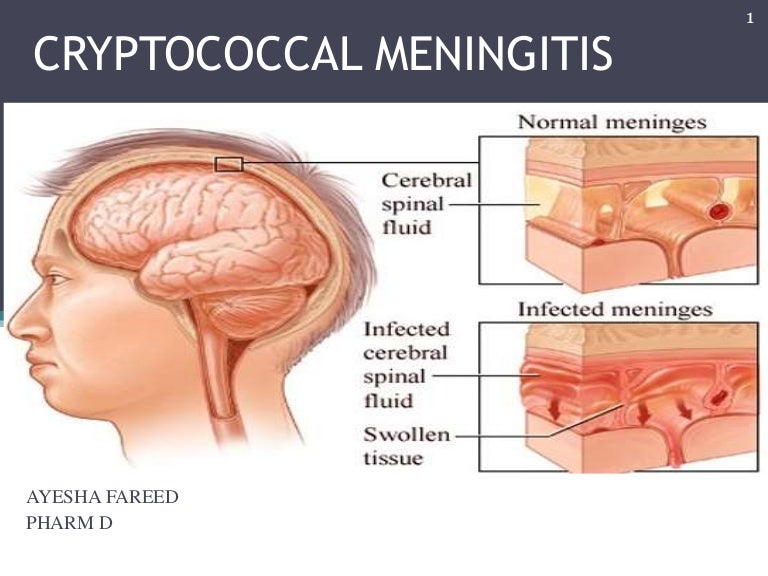
Cryptococcal Meningitis SEMINAR
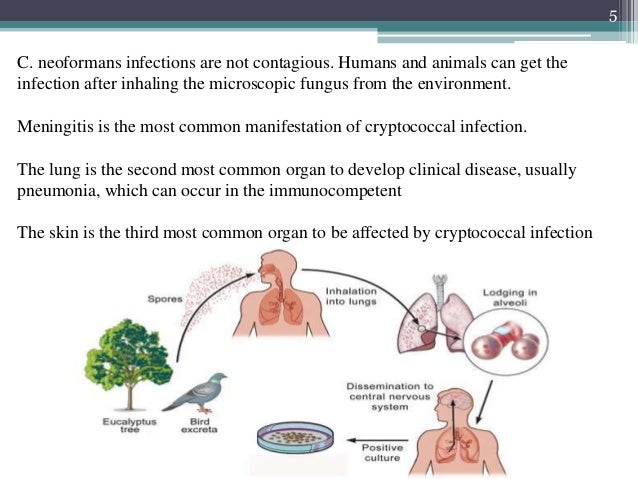
Cryptococcal Meningitis SEMINAR

Cryptococcal Meningitis Diagnostics and Screening in the Era of Point-of-Care Laboratory Testing | Journal of Clinical Microbiology

Preventing Deaths from Cryptococcal Meningitis | Fungal Diseases | CDC

Cryptococcal Meningitis Diagnostics and Screening in the Era of Point-of-Care Laboratory Testing | Journal of Clinical Microbiology

Leave no one behind: response to new evidence and guidelines for the management of cryptococcal meningitis in low-income and middle-income countries - The Lancet Infectious Diseases

Cryptococcal Meningitis: Causes, Symptoms, and Diagnosis

Cryptococcal Meningitis: Causes, Symptoms, and Diagnosis

PDF) Case Report: Cryptococcal meningitis in an apparently immunocompetent patient in Nepal - challenges in diagnosis and treatment

Global burden of disease of HIV-associated cryptococcal meningitis: an updated analysis - The Lancet Infectious Diseases

PDF) Case Report: Cryptococcal meningitis in an immunocompetent patient in Nepal - challenges in diagnosis and treatment
NATIONAL INSTITUTE FOR COMMUNICABLE DISEASES

PDF) Cryptococcal meningitis: Epidemiology and therapeutic options

PDF) Correlation between Blood and CSF Compartment Cytokines and Chemokines in Subjects with Cryptococcal Meningitis

Timing of Antiretroviral Therapy after Diagnosis of Cryptococcal Meningitis | NEJM

Methods of rapid diagnosis for the etiology of meningitis in adults | Biomarkers in Medicine

PDF) Cryptococcal Meningitis Diagnostics and Screening in the Era of Point-of-Care Laboratory Testing

Epidemiology of Meningitis in an HIV-Infected Ugandan Cohort in: The American Journal of Tropical Medicine and Hygiene Volume 92 Issue 2 (2015)

Timing of Antiretroviral Therapy after Diagnosis of Cryptococcal Meningitis | NEJM

Cryptococcus meningitis and the genotypes of cryptococcus neoformans prevalent in Western Maharashtra, India – topic of research paper in Clinical medicine. Download scholarly article PDF and read for free on CyberLeninka open
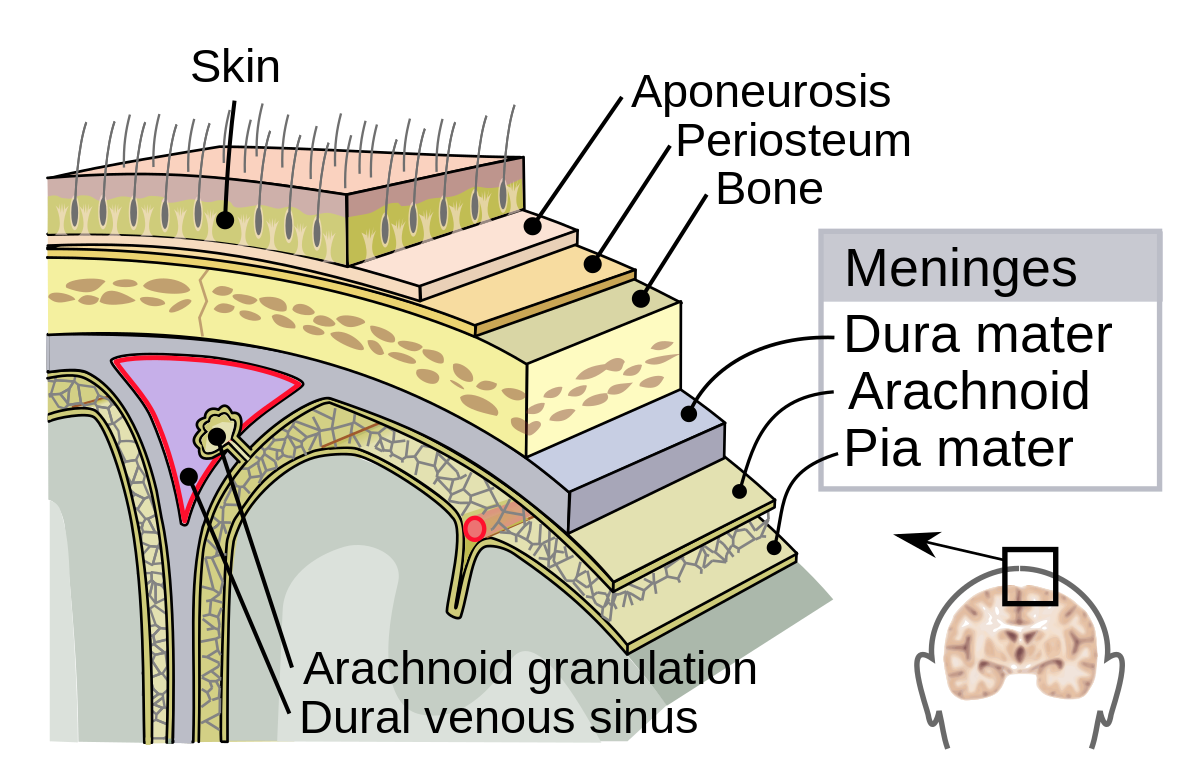
Meningitis - Wikipedia

Cryptococcal meningitis - POZ
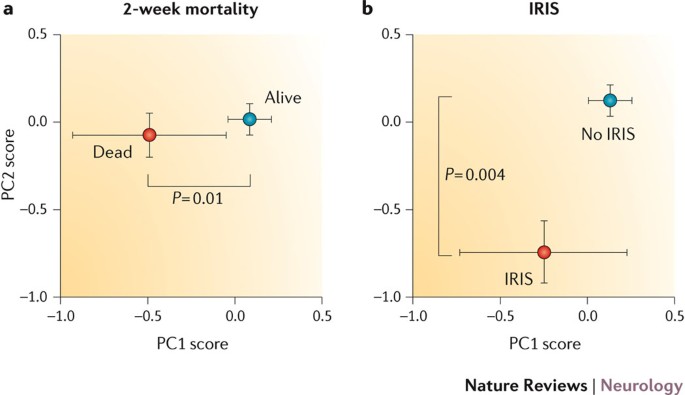
Cryptococcal meningitis: epidemiology, immunology, diagnosis and therapy | Nature Reviews Neurology

PDF) Sporadic occurrence of cryptococcal meningitis in HIV-seronegative patients: Uncommon etiology?
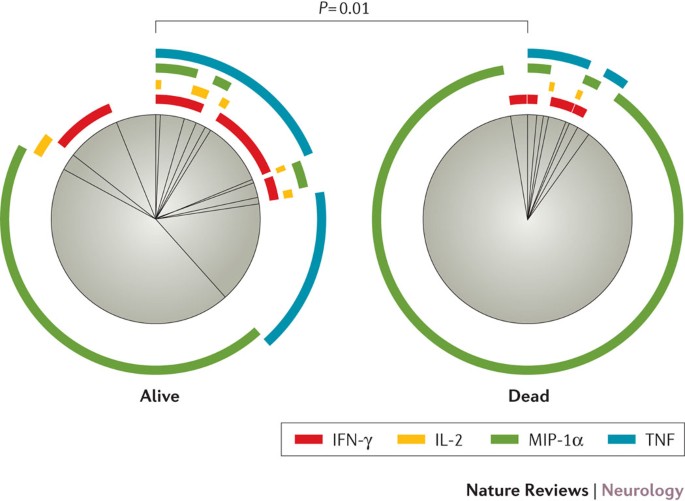
Cryptococcal meningitis: epidemiology, immunology, diagnosis and therapy | Nature Reviews Neurology

Is Meningitis Contagious?

Is Meningitis Contagious?

Brief Report: Point of Care Cryptococcal Antigen Screening: Pipetting Finger-Prick Blood Improves Performance of Immunomycologics Lateral Flow Assay. - Abstract - Europe PMC

Value of lipocalin 2 as a potential biomarker for bacterial meningitis - Clinical Microbiology and Infection
Full article: Cryptococcal meningitis: a review of cryptococcal antigen screening programs in Africa
The Epidemiology of Meningitis among Adults in a South African Province with a High HIV Prevalence, 2009-2012

Objectives We retrospectively evaluated clinic‐based screening to determine the prevalence of cryptococcal antigenaemia and management and outcome of patients with antigenaemia. Methods Cryptococca...
Predictive Model for Permanent Shunting in Cryptococcal meningitis
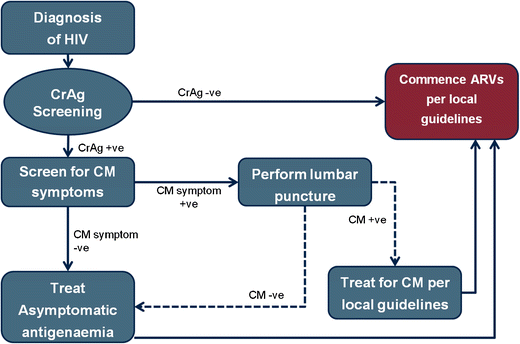
A Model CNS Fungal Infection: Cryptococcal Meningitis | SpringerLink
Point of Care Cryptococcal Antigen Screening: Pipetting Finger-Prick Blood Improves Performance of Immuno-Mycologics Lateral Flo

When a dormant fungus becomes deadly - School of Medicine - News | UAB

CorrectMark 100 out of 100Flag question Question text Patients with Creutzfeldt | Course Hero
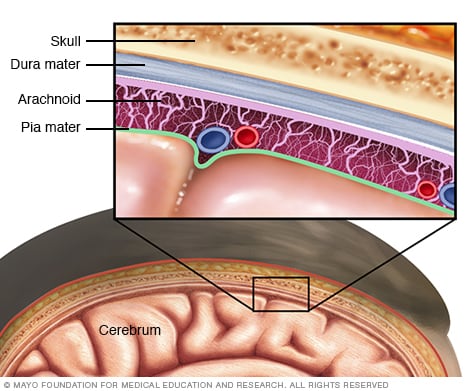
Meningitis - Symptoms and causes - Mayo Clinic

Meningitis: Symptoms, Causes, Types, Treatment, Risks, & More
Posting Komentar untuk "cryptococcal meningitis is highly communicable among humans."